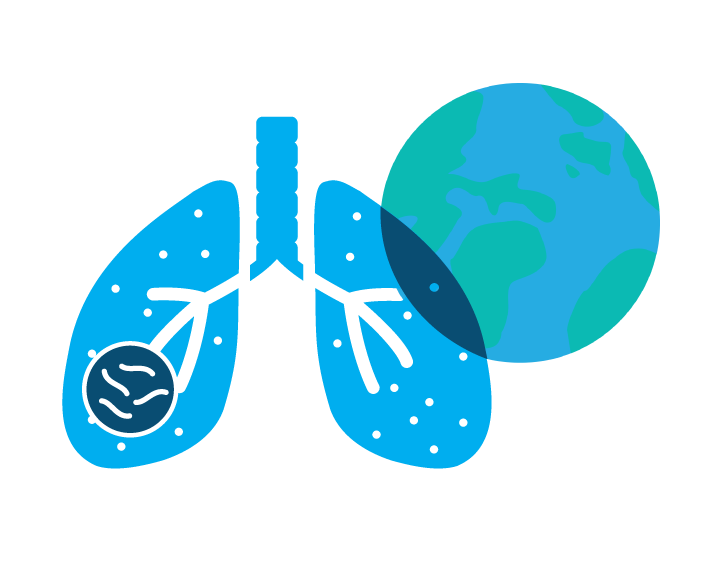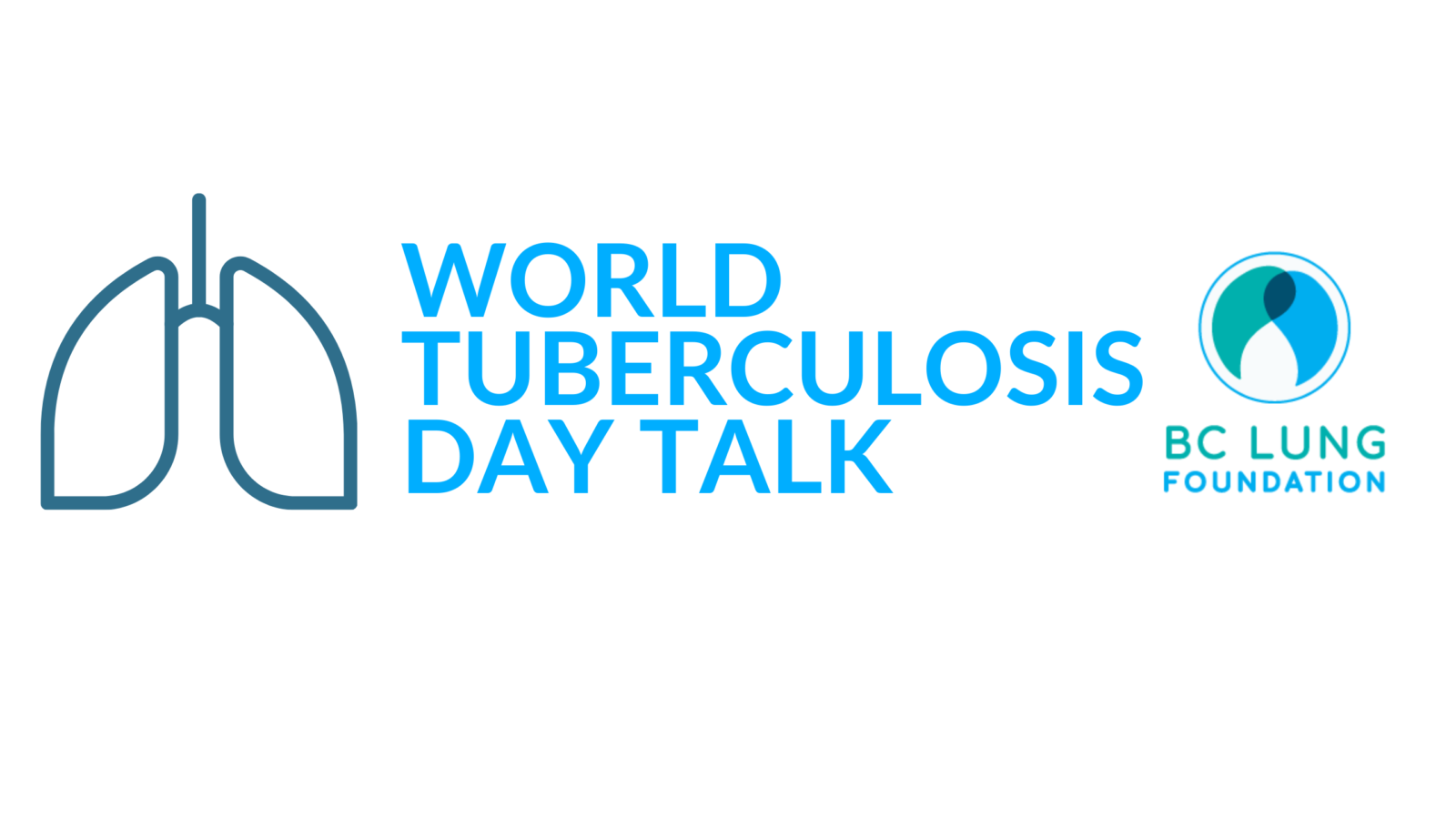Tuberculosis
Tuberculosis (TB) is a disease caused by bacteria that usually attack the lungs. Despite being preventable and treatable, TB remains one of the top infectious disease killers worldwide, particularly in low- and middle-income countries.

Tuberculosis (TB) is a serious disease caused by bacteria that usually affects the lungs. It spreads through the air when someone with TB coughs or sneezes. TB is a big problem for public health because it can be deadly if not treated. It is most common in poorer countries where healthcare is harder to get.
There are several issues with TB that make it a tough disease to fight. One is that some types of TB are resistant to the usual medicines, making them harder to treat. Another problem is the stigma around TB, which can stop people from seeking help. Additionally, many people do not have access to the right tests and treatments.
Addressing TB requires a coordinated global response. To control TB, we need strong healthcare systems, more funding for new treatments, and public health campaigns to educate people about how to prevent and treat TB.


Annual TB Conference: The Union – NAR
Annual TB Conference: The Union – NAR is an opportunity to explore recent global and local epidemiology, efforts to prevent, and ultimately eliminate TB, advances in diagnostics and treatment regimens, proposed changes to the way we approach isolation practices, and – after treatment has concluded, the longer-term implications of tuberculosis which we are beginning to better understand.
REGISTRATION IS NOW OPEN!
